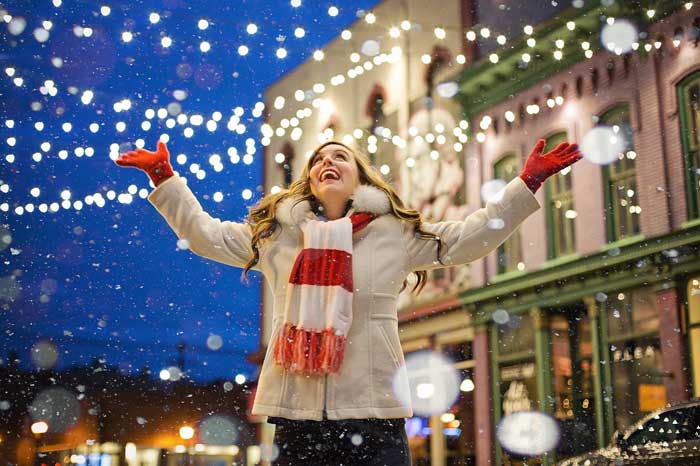In Ireland the 6th January is traditionally the day when all of the wonderful Christmas decorations come down and are put away safely for next year.
January the 6th is also a day when a long held Irish tradition is celebrated, this is when we celebrate the Woman of Ireland, This day is known as “Nollaig Na NBan” or “The little Christmas of Women”.
This is a wonderful tradition in Ireland that has been passed down through our generations and is celebrated throughout the country but it is most popular in the West of Ireland.
In past generations of Irelands long history, women mainly did all the preparation and work for Christmas, making sure there were gifts and the homes were a welcome place full of joy and happiness.
The 6th of January was the day the ladies of Ireland officially rested.
All the Christmas cooking was finished and life in a New Year is officially started.
It was at this time ladies could take time for themselves and socialized after a very busy time, they traditionally called to visit their friends, ate cake and drank tea.
In old Irish society, it was quite basically an opposite day as men stayed at home and looked after the home children and cooked.
This is also the day that is associated with the arrival of the Three Kings in the Bible traditionally the end of the Christmas Season.
It was a time for the women of Ireland to take a well-earned rest and to recharge after all the work that the Christmas season brought with it.
In days gone by this wonderful day was marked by the lighting of candles, these were lit and placed in the windows of houses to signify that the 6thof January was here.
The tradition of lighting candles is still carried out on the Aran Islands, helping to preserve this special part of Irish Cultural Heritage.
Ireland has also been one of the world’s most progressive societies and has always held women in the highest esteem from of Ancient Warriors and Queens to the modern era of Irish History.
The Poblacht Na HEireann, the Irish Proclamation of Independence read for the first time by Padraig Pearse outside the GPO during the East Rising of 1916, is the first official document of its time to mention Women on an equal footing with men.
The women of Ireland were granted the right to vote in 1918. Making the celebration of 2018 a very significant year, as it was 100 ago that women won the right to vote in Ireland.
It was also 100 years since the First Irish woman was elected to the British Parliament after the 2018 elections.
This Woman was the Countess Constance Markieviez, this brave woman, fought valiantly during the Easter Rising of 1916.
She was held at Court Marshall and sentenced to death for her part in the Rising.
She was held in Kilmainheim Gaol but she escaped execution.
Along with others elected during the election in 1918 she refused to take her seat in the British Parliament, refusing to recognize any government other than the government of the Republic of Ireland.
Irish women have always had the reputation of being strong and brave and our famous historic figures prove this throughout our history.
Modern Tradition of Nollaig Na NBan
Today this tradition is growing in popularity.
Women start the celebration at about 4 o’clock and return home at midnight (If they are not having to much fun).
Today they mainly go to the pub have a few drinks, a meal and a sing song.
The Children and home become the problems of men of the 6thof January. Dingle is one of the most popular venues, and unless you have booked a hotel in advance, it would be very difficult if not impossible to get accommodation.
Some of the hotels have a special spa day on offer for women on the 6thof January. Traditional music is in all the pubs.
So we thank all the ladies of Ireland on this day and all those ladies around the world who make our lives very special and show us how our heritage and history have helped make to us strong and independent.
Sometimes the small things in life get lost in the modern world but the preservation of these wonderful traditions preserves forever the traditions of strong Irish women who inspire us daily.

